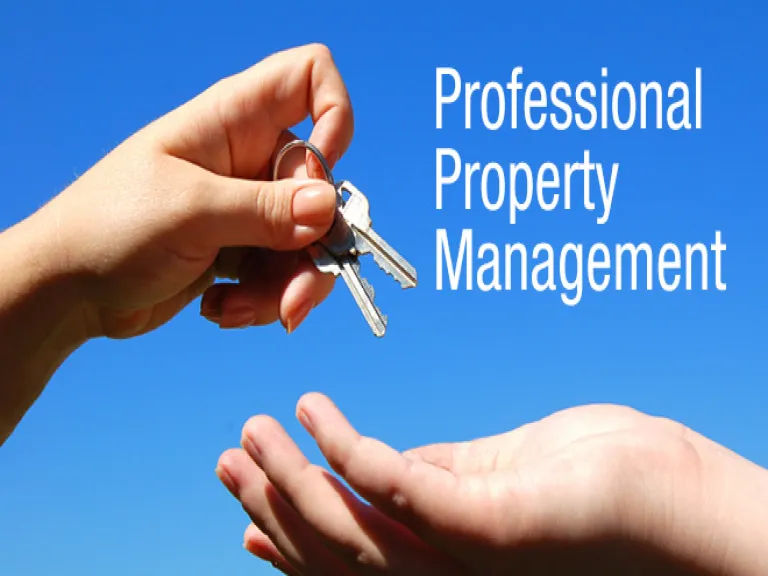
For most people, buying a home is a milestone. It his differently, knowing that you own the roof over your head. It’s a long-term financial commitment, though. Are you sure you’re ready? If you’re thinking about taking this step, then here are five key things you need to keep in mind. That way, you’ll be prepared as a property owner. Since buying a house is a complex process, here’s what you need to do to make the most out of this.
Establish a Realistic Budget
It’s not enough to set a budget. You need to make sure it’s realistic enough to be in the price range of the properties in which you’re interested.That doesn’t mean you should go over what you can afford. Sort out your finances and find out how much you can spend. Use tools to help you divvy up your funds and work out how much you can borrow.
Think About Usage
What will you use the property for? Will you set up a residence on that property? Or will you rent it out? If you plan on renting out a few properties, think about hiring a residential property management firm. With expert advice, you’ll learn more about how to rent out that home, finding a tenant, and getting as much as you can out of your asset. Learn all about the neighbourhood, though. Some communities don’t allow owners to rent the property to short-term visitors. If you’re buying a property to turn it into a holiday rental, look elsewhere.
Calculate All the Costs
When you come up with a budget, it’s important that you have an accurate take on the many expenses you’ll need to cover. There are other fees you’ll need to pay for like council rates, stamp duty, and even lenders mortgage insurance. In some cases, there are also additional insurance charges, loan fees, conveyancing charges, and fees for building as well as pest inspections. Knowing all the fees you need to pay for will help you manage your budget and keep you from ending up with unpleasant surprises in the form of fees and charges you know nothing about. This also keeps you from spending to the limit of your budget, a move that could leave you with little to no financial leeway.
Research About the Property
Learn as much as you can about the property. It’s important that you know the basics. For instance, how central is the home’s location to everything? How far is the nearest school, hospital, shopping malls, transportation hub, and more? Look at the other houses and your prospective neighbours? If you can, talk to some of the residents in the community to get a sense of people’s lifestyles in the area and if you’ll fit right in.
Negotiate with Confidence
Don’t rush through the decision-making process. Take the time to outline your points and negotiate with the seller. If you hire a firm to help you buy the property, they can negotiate on your behalf. With their help, you can get a lower asking price.

- From our professional to personal routine, many gadgets are always required handy to keep up with all sorts of tasks. drug that has been making inroads

- When youre ready to once again communicate, youll need to know what to say. Texting or calling your ex out of the clear blue sky without any kind of clue

- Automotive Composite Materials Market was valued at US$ 4,681.6 Million in 2018 and is anticipated to reach US$ 9,037.4 Million by 2025

- We have made great strides when it comes to robotics.Why during the celebration you consider a rolling backpack on your university age little ones. A whole lots